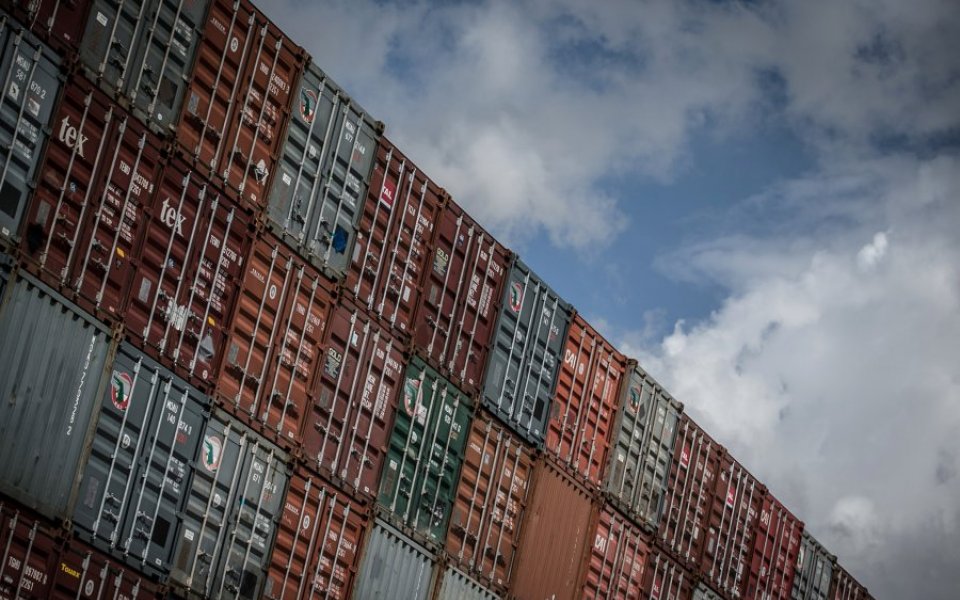EU referendum: Why Brexit is threatening Britain’s SME exporters

As the economy gains momentum, the UK’s 4.9m SMEs are looking to capitalise on this growth, casting their net beyond our shores to fulfil their business growth ambitions through exporting.
However, RSA’s recent study found that these businesses are hitting a BRIC wall; they have huge ambitions to access exporting opportunities in emerging and growth economies, considering North America (67 per cent), Asia Pacific (61 per cent), the Middle East (59 per cent), South America (58 per cent) and Africa (54 per cent) as important market opportunities. Despite this global ambition, these companies remain heavily dependent on EU markets, and struggle to reach economies beyond the continent.
With a potential Brexit on the horizon – and at this point a "no" vote being the more favourable choice according to a YouGov survey – Britain’s SMEs face being disproportionately affected; more than half (56 per cent) of owners and leaders say the uncertainty around Brexit is already holding back their growth while two thirds (66 per cent) are calling for greater clarity now on the UK’s future role in Europe.
Read more: Is Labour hurting itself by campaigning to stay in the EU?
However, there are a number of government-led initiatives that have come into existence recently to boost exporting. For example, plans to double exports to £1 trillion per year by 2020 and the recently launched "Exporting is GREAT" campaign.
But the Government must do more to champion small exporters. Just over seven in ten (71 per cent) call for the UK Government to help relax controls in emerging markets to encourage free trade, and three quarters (74 per cent) say less red tape on exports would help SMEs to grow internationally.
So with SMEs missing out on key growth markets, and facing significant risk from uncertainty around a possible Brexit, what needs to happen to ensure these firms can capitalise on exporting opportunities both within Europe and further afield?
Read more: EU referendum – Can we trust the numbers?
Of those that we spoke to, 74 per cent said the perception that small businesses are local by default is outdated and damaging. From this finding alone, it’s clear that there is a need for more up-to-date exporting frameworks and policies to support these companies in achieving their global growth ambitions – after all, three quarters (74 per cent) state that international growth is important to their business.
But while SMEs are calling on the government for greater support, when it actually comes to seeking out new markets within Europe and beyond, these firms need to tread carefully and do their research. Our study reveals that four in five (82 per cent) are more concerned about local risks than global risks, meaning that entering new markets overseas could leave them overly-exposed.
These companies need to understand that as a business grows, risk profiles change, so a clear plan that helps them to manage and mitigate risks is vital to their operations.
With the possibility of Brexit happening as early as June, clarity on Britain’s future role within Europe is needed now, so SMEs can prepare and find alternative routes to success abroad. There are steps that these companies can take in the meantime, but ultimately, it’s up to the government to lead the way.